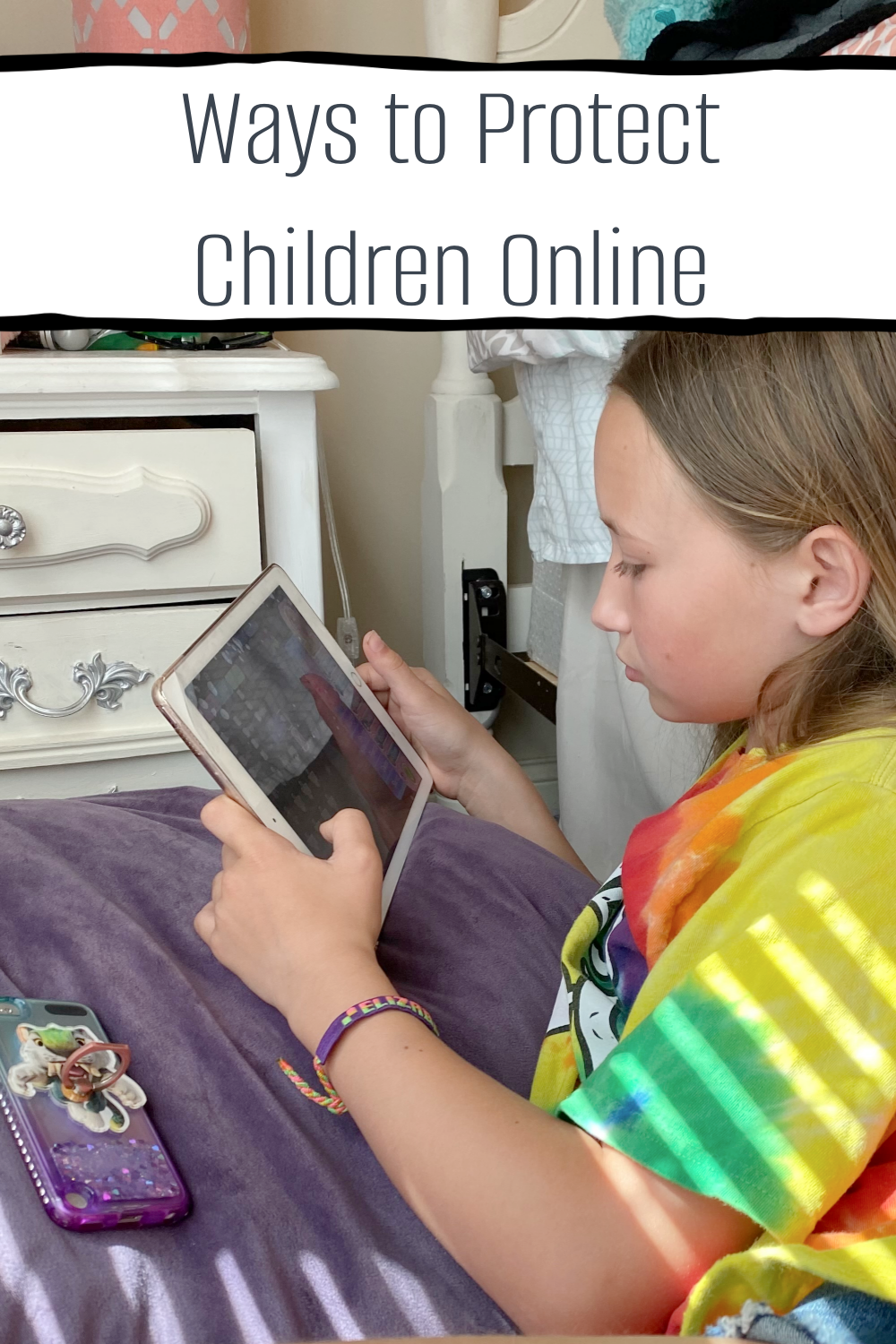Naturally, emotional intelligence is a crucial aspect of everybody’s wellbeing. But for children of divorced parents, exploring and nurturing emotional intelligence can be even more important in ensuring that your child doesn’t suffer from the breakup. Norwalk family lawyers are the first to warn about maintaining healthy communication with your child, even if you are the parent who wins custody. And this is where relationship management, self-awareness, and self-regulation can play an essential role in protecting your child’s mental health post divorce. That being said, emotional intelligence is, of course, at the core of every parent-child relationship, regardless of the family situation.
In this article, we will explore how emotional intelligence can affect your child’s mental health. Also, I will discuss ways in which you can nurture your child’s emotional intelligence and prepare them to face future challenges with confidence and resilience.
What is Emotional Intelligence?
Emotional intelligence is the ability to understand and recognize your own emotions and those of others. It is a set of skills that will help your child manage social relationships more effectively. You cannot control how someone will feel or react, but if you can recognize the emotions behind their behavior, you will have a clear idea of where they are coming from and how to respond accordingly.
According to Goleman’s theory of Emotional Intelligence, EI has five key components: Self-awareness, self-regulation, self-management, social awareness, and relationship management. This theory can be applied to all aspects of life, including home and educational settings, to improve children’s emotional development [*].
Self-awareness: the ability to name or recognize current thoughts and emotions. It enables your child to know their strengths and weaknesses. This simply means that the child knows what they are good at and acknowledges the areas where they need improvement.
Self-regulation: the ability to regulate one's thoughts and behavior. When children know how to wait for their turn or how to calm themselves down when they are upset, it is a positive sign of self-control. Learning self-regulation can improve their openness to change.
Self-management: the ability to manage feelings, actions, and behaviors with awareness and in a productive way. Developing self-management in kids requires a deeper understanding of their emotions. It will help them gain control of their impulsive thoughts and behavior, allowing them to adapt easily to changing situations.
Social Awareness: the ability to interpret and understand nonverbal cues, body language, needs, and concerns of others. This allows your child to be able to express appreciation or empathy and relate to others in a more meaningful way. Social awareness can also improve your child’s ability to communicate effectively.
Relationship Management: The ability to communicate properly and maintain a healthy relationship with others. Learning how to socially interact with other kids can be challenging for some children, but it is a crucial part of developing their social skills. Nurturing their relationship management skills will allow them to identify which behaviors are socially acceptable and will get a positive reaction from others.
The Impact of Emotional Intelligence on Your Child's Mental Health
Negative emotions that are not processed properly can cause mental stress and anxiety. Studies show that students with higher levels of emotional intelligence are most likely to have higher levels of psychological health, effective coping mechanisms, and lower levels of perceived stress [*].
Some children refuse to express their real emotions, fearing that they might lose control. Repressed emotions could sometimes be overwhelming and mentally drain a child. Nurturing your child’s emotional intelligence means teaching them how to process tough emotions in a healthy manner and without falling apart. Teaching them how to control their emotions at a young age will boost your child’s confidence and improve social engagement.
How to Foster Emotional Intelligence Through Parenting
Let your kids learn how to express what they feel in a more socially appropriate way by nurturing their emotional intelligence. Here are some ways you can do that:
Unlock the Power of Emotional Intelligence
The first step in unlocking your child’s emotional intelligence is modeling good behavior. Emotional intelligence is a skill that can be taught. Most children admire their parents; they look up to them as their role models, and that can greatly influence how they behave.
Our children learn things through observation. So, show them that you can handle difficult situations with understanding and patience, and try not to fly into a rage. Show them how you control your emotions with deep breathing exercises or counting backward. Remember, they do what you do, and they’re always watching.
Teach Self-Awareness and Emotional Literacy
An emotionally literate child can easily understand themself and know their value, strengths, and weaknesses. Self-awareness is one of the major components of developing emotional intelligence and can easily affect your child’s behavior and judgment.
Imagine that your child starts crying and you spend a lot of time trying to figure out why they are upset since they can’t tell you what is wrong. Being able to identify what they feel by enhancing their emotional vocabulary can improve their communication skills and their ability to calm themselves down when emotions are overwhelming.
Cultivate Empathy and Compassion
Empathy is an important ingredient in fostering and maintaining a healthy relationship. Learning how to show empathy and compassion is your child’s foundation for acting ethically and preventing any forms of inhumanity towards others.
Developing empathy for others requires first-hand experience. Allow them to socially interact with people from different walks of life and with diverse backgrounds. Teach them how to value other people’s thoughts and perspectives. And most of all, be a role model and demonstrate how you care, empathize, and show compassion to others.
Promote Emotion Regulation Skills
Emotional regulation can calm your child’s inner chaos. Teaching coping skills and distractions are some of the best self-regulation strategies that can help your child deal with tough emotions such as anger and anxiety. Teaching your child how to deal with distressing situations at an early age will help them become more resilient when facing problems or experiencing setbacks in the future. It will also allow them to control unwanted impulses and intrusive thoughts that are deemed to be socially inappropriate.
Strengthen Social Skills for Positive Relationships
Social skills in emotional intelligence include the ability to influence and acknowledge other people’s emotions effectively. This acts as a lubricant for your child’s social life for them to interact with other people in a mutually beneficial way. It also fosters communication and acceptance among their age groups and helps sustain friendships.
Encourage your child to share their toys or let them play with other kids. These simple activities can help strengthen their interpersonal communication and their ability to both listen and speak their minds effectively. Engaging in deep conversations with their peers can positively contribute to and enhance social awareness.
Children with good emotional intelligence are more confident in themselves and are capable of building social relationships. If you think that your child has high emotional intelligence but is lacking in social skills, tools such as the Social Skills Worksheets can be used to help them relate well with others.
The Bottom Line
Children with higher emotional intelligence can effectively communicate and manage their emotions. It will help them build healthy social connections with their peers and other people around them. It will also allow them to display better social skills and fewer behavioral problems as they grow older. Nurturing your child’s emotional intelligence can greatly improve their emotional and mental well-being.
References:
Farrahi H, Kafi SM, Karimi T, Delazar R. Emotional Intelligence and Its Relationship With General Health Among the Students of University of Guilan, Iran. Iran J Psychiatry Behav Sci. 2015 Sep;9
https://www.ncbi.nlm.nih.gov/pmc/articles/PMC4644614/#:~:text=Research%20has%20shown%20those%20with,negative%20mood%20induction%20(27).
Vilca-Pareja V, Luque Ruiz de Somocurcio A, Delgado-Morales R, Medina Zeballos L. Emotional Intelligence, Resilience, and Self-Esteem as Predictors of Satisfaction with Life in University Students. Int J Environ Res Public Health. 2022 Dec 9.
https://www.ncbi.nlm.nih.gov/pmc/articles/PMC9778840/
Channell, M. (2023, May 25). Daniel Goleman’s Emotional Intelligence in Leadership: How to improve motivation in your team. TSW Training.
https://www.tsw.co.uk/blog/leadership-and-management/daniel-goleman-emotional-intelligence/
O’Neill , K. (2021, May 5). Emotional intelligence and mental well-being among college student athletes. Digitalcommons.Denison.edu. Retrieved May 6, 2023, from
https://digitalcommons.denison.edu/cgi/viewcontent.cgi?article=1055&context=studentscholarship









No comments
Thank you for dropping by! I would love to hear what you thought. :)
Thanks!
♥,
Diana